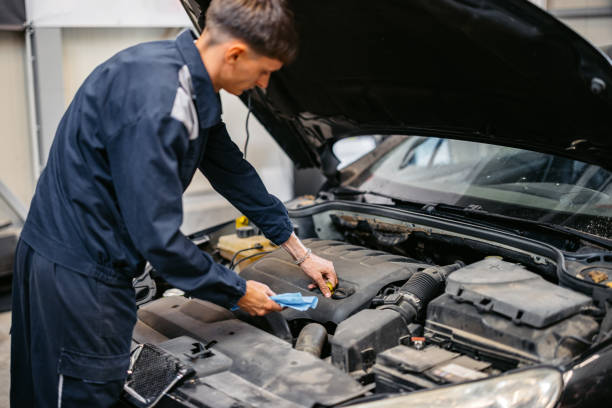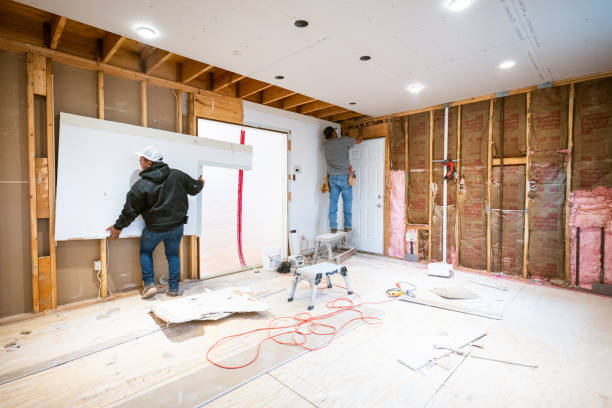In today’s world, having a phone is more than a convenience—it’s a necessity. For seniors, a mobile phone can be a lifeline, providing easy access to family, friends, emergency services, and healthcare providers. The good news is that there are many programs and resources available to help seniors get a phone at little or no cost.
Why a Phone is Essential for Seniors
A phone offers more than just communication—it can improve safety, health, and independence. With a phone, seniors can:
- Call for help in emergencies.
- Stay connected with loved ones through calls or video chats.
- Access important medical apps and reminders.
- Use GPS for directions and safety when traveling.
Government Assistance Programs
One of the most well-known ways for seniors to get a free or low-cost phone is through government programs.
Lifeline Program
The Lifeline Assistance Program is a federal initiative that provides discounted or free phone service to qualifying individuals.
- Eligibility: Based on income or participation in programs like Medicaid, SNAP, or SSI.
- Benefits: A free basic smartphone or significant discounts on monthly service plans.
- How to Apply: Visit the official Lifeline website or contact a participating phone carrier.
State-Specific Programs
Some states have their own supplemental phone assistance programs for seniors, which can add extra benefits to the federal Lifeline plan. Check with your state’s Public Utilities Commission for details.
Nonprofit and Charity Options
Several nonprofit organizations work to ensure seniors have access to affordable communication devices:
- Cell Phones for Soldiers & Veterans Programs – While originally designed for service members, some programs extend assistance to senior veterans.
- Local Senior Centers – Many partner with charities to host phone giveaway events.
- Community Action Agencies – These local nonprofits may have grants or donated devices available for low-income seniors.
Carrier Promotions for Seniors
Some mobile carriers offer special senior plans that include discounted or free phones when you sign up for service. Examples include:
- Low-cost monthly plans with unlimited talk and text.
- Free basic phones with contract agreements.
- Seasonal promotions offering significant phone discounts.
Always check the fine print—sometimes a “free” phone requires a service commitment.
Refurbished and Donated Phones
If you don’t qualify for government programs, consider looking for refurbished or donated phones:
- Many electronics stores sell certified refurbished smartphones at half the original price.
- Churches, charities, and tech recycling programs sometimes offer free used phones to seniors in need.
Tips for Getting the Best Deal
- Compare providers—plans and offers vary greatly.
- Ask about hidden fees before committing.
Seek tech support—make sure you’ll have help learning how to use your new phone.
Steps to Get Started
- Check your eligibility for Lifeline or other programs.
- Gather required documents such as proof of income or benefit participation.
- Apply online or in person through a participating provider.
- Activate your phone and learn how to use it for calls, texts, and safety features.
Bottom Line:
Seniors don’t have to miss out on the security and connection that a phone provides. With government assistance, nonprofit programs, and special carrier deals, it’s possible to get a phone at little to no cost. By exploring all available options, seniors can stay connected, safe, and independent—without stretching their budgets.








